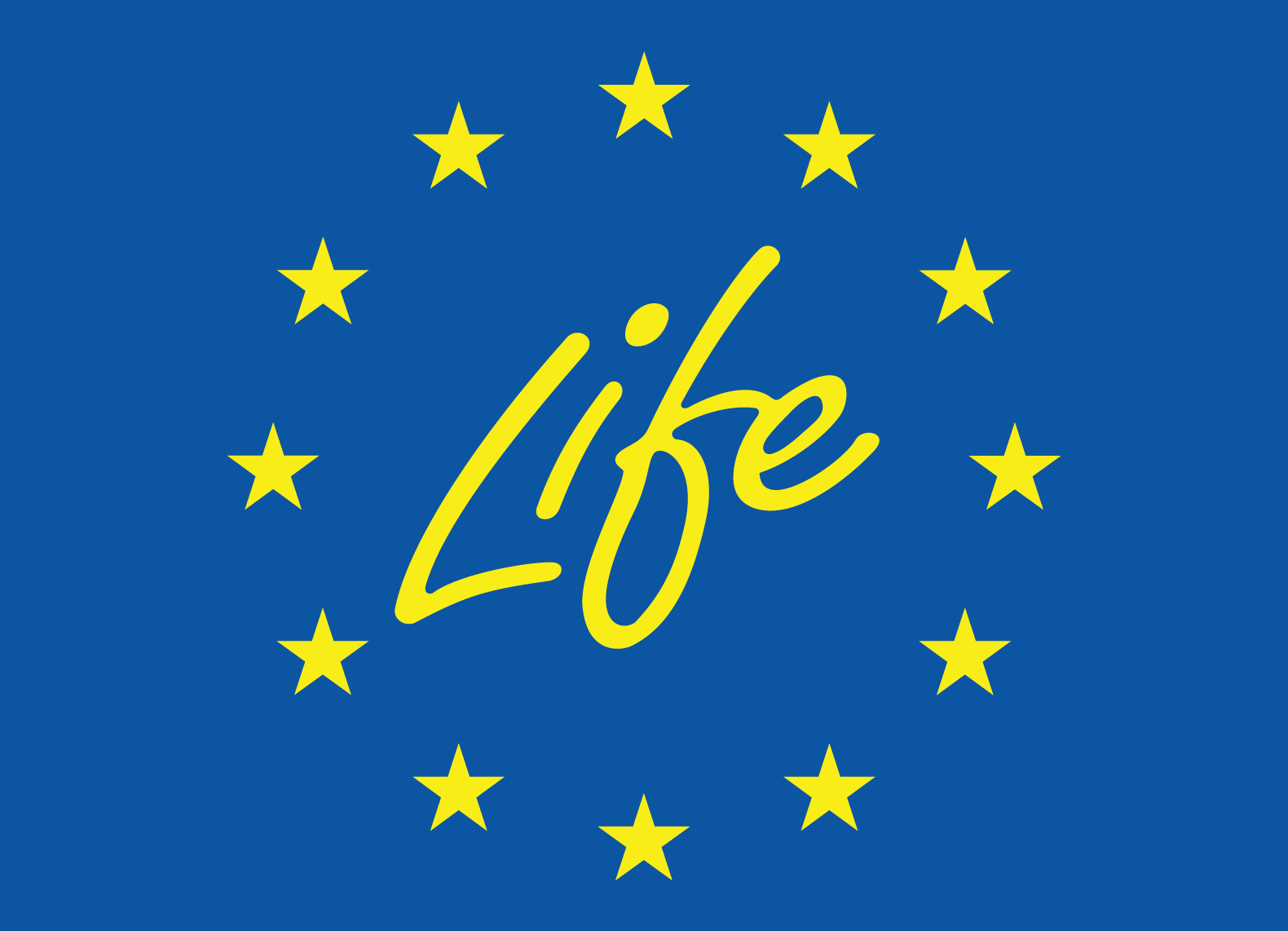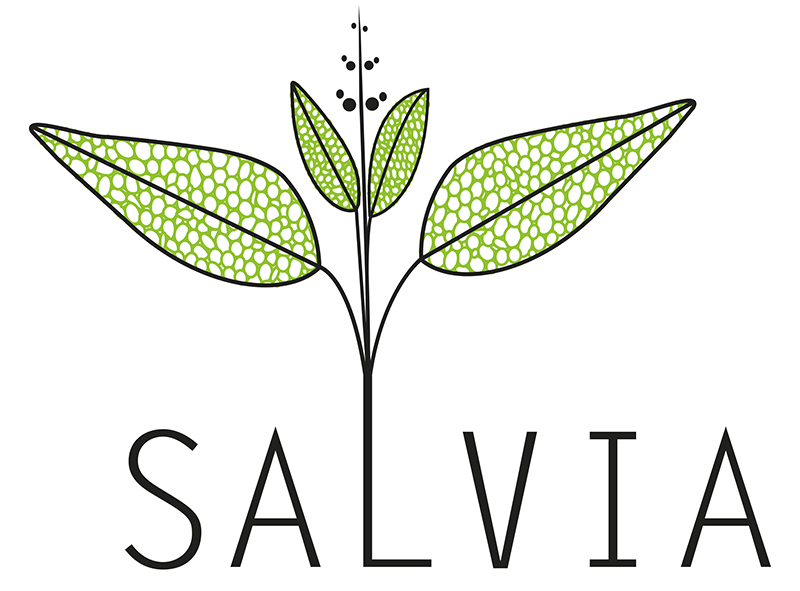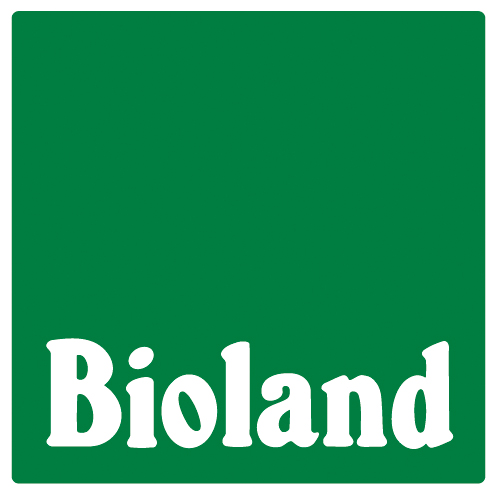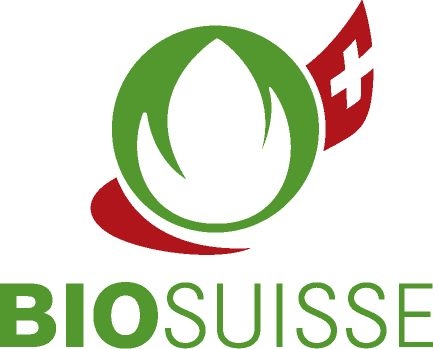
GMOs
Protecting Europe's genetic biodiversity
Organic farming seeks to protect the genetic integrity of living organisms, and this is why no GMOs are used in the organic production process. It ensures the availability of GMO-free and organically compatible resources. The organic sector commits to meeting consumers’ highest expectations about the genetic resources it is using.

Large corporations are increasingly developing and using novel organisms created through genetic engineering using techniques like transgenesis, but also new techniques like TALENs, Zinc Finger Nuclease or CRISPR/Cas9, sometimes grouped under the term of “gene editing”. These techniques are powerful and interfere with the genetic mark-up of the planet’s biodiversity. They are not as precise as it is claimed, trigger unwanted effects and their consequences remain poorly understood. Most GM-crops put on the market produce insecticide toxins or are used in conjunction with synthetic herbicides they were made to “tolerate”. To protect the collective genetic heritage and biodiversity we must keep the control and release of varieties derived from genetic engineering transparent and regulated at EU level. At the same time, EU citizens have voiced their concerns about this in a petition with more than 420,000 signatures from 17 countries. Transparency, traceability and labelling are crucial to allow producers and consumers to choose GMO-free products.
Biotic & abiotic factors, climate change and the needs of agriculture and food production change. This is why there is an ongoing need to develop new cultivars for (organic) farmers so they can adapt. As organic movement, we respect our genetic heritage and planetary biodiversity, so we take a precautionary approach to the changes humanity makes to it. The resolution adopted at the IFOAM Organics General Assembly in June 2023 confirmed that the European organic movement should remain free from all GMOs and emphasised the importance of maintaining a systematic approach to innovation in agriculture.
While sustainability-driven innovation in plant breeding is absolutely necessary, it must not be reduced to the use of genetic engineering. The rich experience in organic agriculture over the past decades shows that an agroecological perspective of our food systems, relying on a combination of strategies and tools and on ecosystem interactions, is what creates long-term resilience. Our briefing paper shows how organic breeding thrives on a system-based approach with biodiversification and ecosystems’ health at its core, using two case studies.
In the European Union, organic agriculture is GMO-free by definition, as the use of GMOs is prohibited in the organic production process, according to the current (Regulation 834/2007, Art. 4), and new organic regulation (Regulation 848/2018, Art. 5).
IFOAM Organics Europe…
- Seeks to safeguard the integrity of genetic resources used in organic;
- Protects organic from GMO contamination by advocating for clear and thorough standards and regulations maintaining the high EU standards on risk assessments, traceability and labelling;
- Strengthens organic production by organising and supporting the organic movement’s efforts to develop practical strategies to remain GMO-free;
- Facilitates the dialogue with the conventional GMO-free sector;
- Co-organized the GMO-free Europe Event 2022 at the European Parliament;
- Advocates on the alarming environmental risks of gene drives and demands an international moratorium on genetically engineered gene drives;
- Created a GMO task force to strengthen advocacy work and build members’ capacity;
- Is active on GMO Regulation and seed diversity;
- Collected messages, arguments, and visuals on (new) GMOs for its members (you need to be a member to access these, contact [email protected] for access rights and information about membership).
Thanks to our work and the work in the NGO coalitions that we are part of, no new GMOs were authorised for cultivation in the EU since 2015 and 17 national bans on cultivation are in place at national or regional level. Moreover, the European Court of Justice also ruled that new GMOs fall under the scope of the GMO legislation.
Legislative background
In the European Union, the current (Regulation 834/2007, Art. 4), and new organic regulation (Regulation 848/2018, Art. 5) state that the use of GMOs is prohibited in organic agriculture. EU legislation extensively covers GMOs.
The current legislative framework applies high standards for biosafety for human and animal health and the environment, as well as consumer information for old and new GMOs. Doing so, it prescribes a harmonised risk assessment procedure at the EU level before any GMO can be placed on the market. It also ensures clear labelling of GMOs that are placed on the market to enable consumers and operators in the (organic) food chain to make an informed choice. Furthermore, the legislation prescribes traceability of all GMOs on the market, offering a legal guarantee for operators in the food chain that their products do not contain unwanted organisms.
On 25 July 2018, the European Court of Justice provided clarity on new mutagenesis techniques. In its ruling, the Court of Justice states that new mutagenesis techniques are GMOs, and that EU Member States must regulate them as such.
Ongoing processes
On 5 July 2023, the Commission published a legislative proposal on so-called “New Genomic Techniques” to adapt the current regulatory framework on genetic engineering.
The draft legislative proposal adopts a differentiated approach in the regulatory framework, based on the risk profiles of the NGT crops, and categorizes NGT crops into “category 1 NGT plants” and “category 2 NGT plants”. Both Category 1 and 2 crops continue to be prohibited in organic farming. Category 1 crops are more deregulated than Category 2 crops, where the GMO legislative framework still applies except for certain rules related to risk assessment, the provision of detection methods, and additional regulatory incentives for supposedly more “sustainable” NGT crops.
For an in-depth explanation of the Commission’s legislative proposal, IFOAM Organics Europe’s members can access a member-only analysis provided by IFOAM Organics Europe.
On February 7 2024, the European Parliament reached an agreement in the plenary vote, which was adopted with a narrow majority. Overall, the outcome is a step backwards in terms of biosafety and freedom of choice for consumers, but MEPs safeguarded some minimum transparency requirements and even re-integrated traceability provisions that Member States should build on to secure the freedom of farmers not to use genetic engineering.
The risk of contamination threatens the GMO-free food production chain, and the economic well-being of farmers and producers. The organic movement stresses the importance of maintaining and properly implementing the current GMO legislation, including a risk assessment procedure, as well as traceability and labelling requirements.
For the organic sector, it is crucial to subject new techniques of genetic engineering to the same requirements as ‘old’ GMOs. This is essential to maintain the EU’s high standards protecting human health and the environment. Moreover, it gives the organic sector the possibility and capacity to remain GMO-free, including GMOs derived from NGTs. To protect the income and livelihoods of organic farmers and processors, all contamination of non-GMO materials should be prevented by the GMO producer in line with the polluter pays principle.
To find out more about what GMOs are and why they should be regulated, watch our videos recorded during our GMOs press conference on 30 November 2023.
Short description
The organic movement faces new challenges. The pressure to exempt new genetic engineering techniques from the Regulation is as high as ever, which means that the safeguard for genetic resources free of genetic modification is at stake. Moreover, organic seeds development is gaining priority, to enable organic to build a seed sector that is adapted to the (low input) conditions of organic farming and to harness the potential of cultivated plant diversity.
Europe needs an integrated approach to protect genetic resources and enable transparency and the capability to produce without GM – for organic and conventional agriculture. So, IFOAM Organics Europe has launched the project ‘Organic movement activities on Seed Diversity and GMO Regulation’, which aims to:
- Strengthen regulations of new genetic engineering techniques to ensure transparency in the food chain and maintain the ability to produce GMO-free, including for organic;
- Create a favorable legislative framework to increase the diversity of genetic material available for farmers, facilitate market access of organic varieties and boost production and use of organic seeds;
- Unite the organic movement, NGOs, and other food chain stakeholders to develop a common vision and actively engage in the legislative process on the regulation of new genetic engineering techniques for food & agriculture.
Financial supporters

IFOAM Organics Europe has published practical guidelines for farms as well as food and feed processors on how to avoid GMO contaminations. This guide provides examples on the strategies and practices of how the organic value chain avoids contamination and ensures the highest quality requirements that consumers expect from organic products.
Become member of our GMO task force
IFOAM Organics Europe’s members working on GMOs and new GMOs can apply to become part of our GMO task force. Contact [email protected] for more information.

The work of IFOAM Organics Europe on this topic is co-financed by the LIFE programme of the European Union, under the Climate, Infrastructure and Environment Executive Agency (CINEA). This page only reflects the views of the authors and its sole responsibility lies with IFOAM Organics Europe. The CINEA is not responsible for any use that may be made of the information provided.
Cover image’s credits: Judit Feher, ÖMKi – LIVESEED project.





